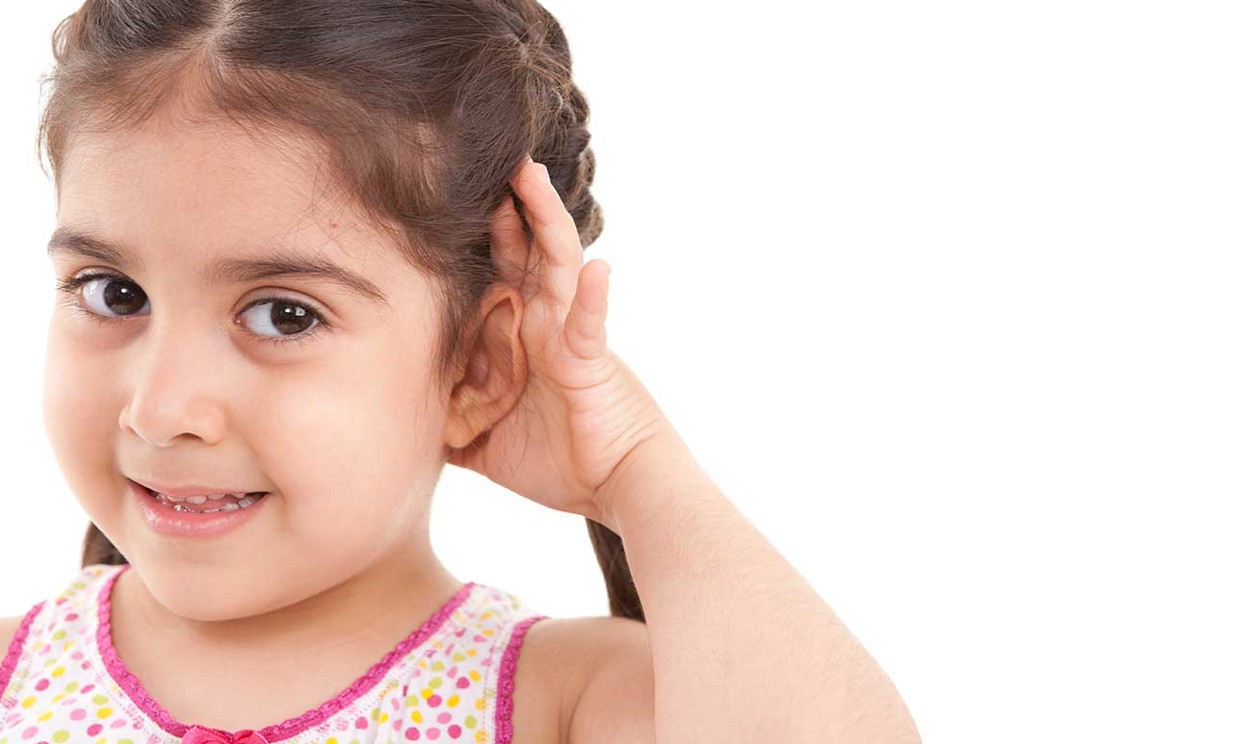While all parents may feel their child struggles to listen and follow instruction at certain times, there can be reasons behind this that are worth exploring.
What Is Auditory Processing Disorder?
Auditory processing disorder (APD) affects about 3-5% of children and means a child experiences difficulty in the way their ears and brain work together to make sense of sounds despite having normal hearing function.
Children with APD do not have hearing loss or impairment, but have difficulty concentrating, particularly in noisy environments, and then interpreting what they have heard.
Assistant Medical Director at House Call Doctor Dr Ryan Harvey (MBBS MHEcon) says children with APD don’t hear the same way other children do because their ears and brain aren’t completely coordinated.
What are some signs of Auditory Processing Disorder?
Dr Harvey says the signs of APD that some parents may overlook can include:
- Children often asking “what/pardon?” after a person has spoken.
- Difficulty hearing in loud environments.
- Mishearing words or sounds that may sound similar, for example fourteen and forty.
- Distracted behaviour.
- Focusing on background noise rather than the person they are talking with.
- Difficulty remembering details of a conversation or something they’ve read.
How does Goodstart support children with Auditory Processing Disorder?
Within Goodstart Early Learning centres, children with APD are being supported through a trans-disciplinary approach.
Former senior occupational therapist Sally Galloway said Goodstart works to adapt programs to meet children’s needs.
“Teachers and educators work in collaboration with an occupational therapist, speech pathologist and child and family practitioner,” Ms Galloway said.
“This collaboration supports the implementation of universal practices which enhance participation for all children, including children with APD.
“Some examples include adaptions to the room, acoustics and layout; provision of accessible toys, visuals supports and specific coaching around the relational and interpersonal skills required to support a child with APD.
“In our centres, we have state or territory based social inclusion coordinators and early learning consultants who work as wrap around support for centres to ensure high quality practice inclusion of all children.”
Ms Galloway said Goodstart places an emphasis on assisting all children, because its purpose is one of social inclusion and for all children to have the learning, development and wellbeing outcomes they need for school and life.
“Inclusion is a strategic goal for Goodstart and we believe every child has the right to access quality early learning,” Ms Galloway said.
“We know that there can be many barriers to children accessing early childhood services such as, life circumstances, developmental difficulties, disabilities and/or adversity.
“It is crucial to our mission that all children are given the opportunity to access and have meaningful engagement in an early childhood education program.
“What is meaningful will look slightly different for every child and family; and it is through our social inclusion strategy and resources that we are able to support educators with information and professional development, adapt our centres to meet the children’s needs and invest in our centre leadership to understand the true meaning of inclusive practice for all children.”
Ms Galloway says that parents who are concerned about their child should speak with their educators and GP.
“First point of call would be to speak with their educators, to find out if there is anything happening in the early learning environment and how the educators are supporting their child,” Ms Galloway said.
“I would then recommend seeing a trusted GP who has paediatric experience to get a referral to an audiologist. An audiologist is able to detect and diagnose any hearing or auditory processing difficulties.”


